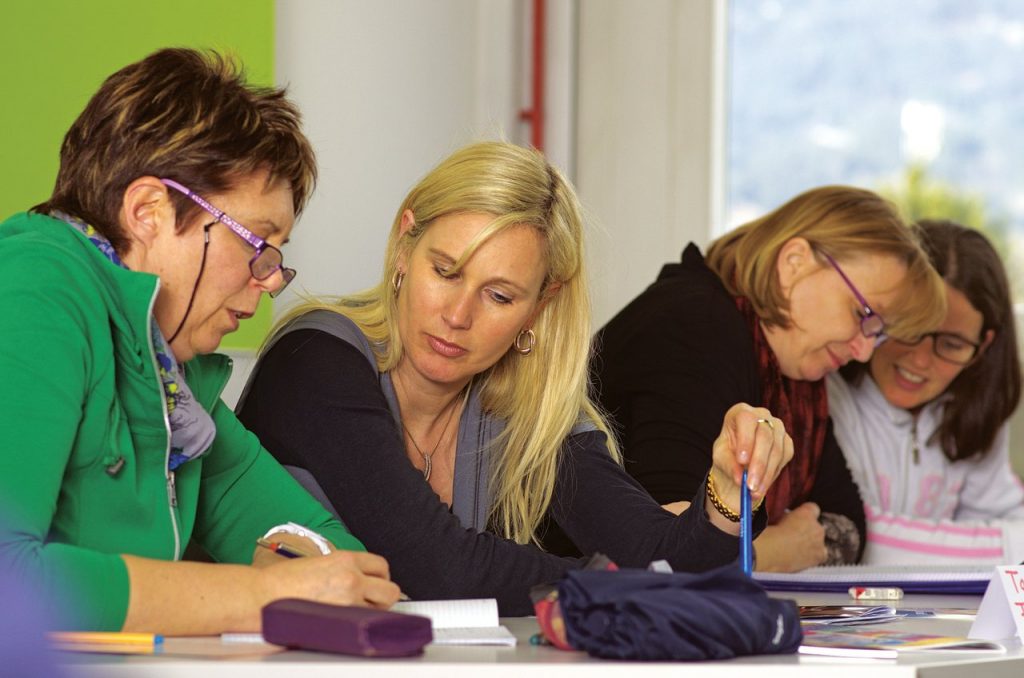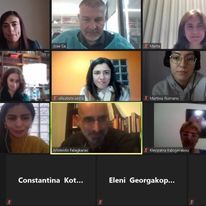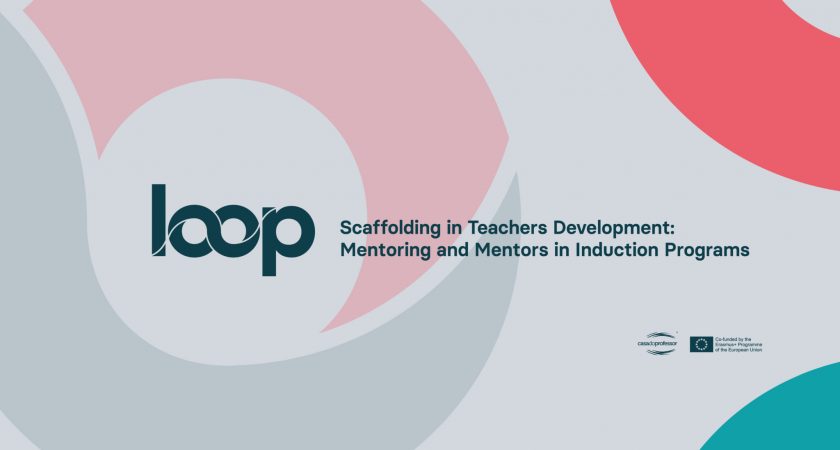What is this project about?
This project focuses on teacher training, especially on the first years of professional life: What kind of support do teachers need when they start at a new school? How can an effective induction program help them to have a successful start?
Background
The Education, Youth, Culture and Sport Council advocates the utmost importance of supporting teachers in the early stages of their professional life. Induction programs, understood as a set of formal or informal activities, are the ones that most help them to stay in the profession and to reduce abandonment and prolonged absenteeism (TALIS, 2018). Research explains that a comprehensive and integrated approach to initial training, induction and continuing education strengthens the profession and contributes to the success of schools and students.
TALIS 2018 also shows that although induction programs are compulsory in OECD countries, access does not exist or is very limited: 60% of teachers’ state that they did not participate in any induction activities when they entered school. These figures vary from country to country, including among those that are part of this project, having as reference the figure of 42% among OECD countries. In Portugal, this figure falls to 40% and to a 25% in Italy.
The induction programs may consist of different activities such as mentoring, scheduled meetings, assistance with planning, class evaluation, peer review and team teaching, having understood that mentoring activities are the most widely agreed (OECD, 2019) and are considered essential to the practice of teaching and the good performance of students. Thus, mentoring is one of the main stages of induction programs, which include the support and coaching of a mentor, whose role is structuring in a training process that is intended to be contextualized.
Induction practices rarely involve team teaching, with experienced teachers (45% in the OECD), and are not at all common in Europe. Nóvoa (2017) says that effective integration into the profession requires learning from the most experienced and knowledgeable ones in cultural contexts, given their central role in the training of young people and newcomers. Nevertheless, at the OECD level, only 22% of teachers at the beginning of their careers are designated a mentor, being this indicator set at 14% for the Portuguese and 5% for the Italians.
It is therefore urgent to rethink the causes of these low rates, which are known to be associated with the training of mentors, mentoring programs, methodology and strategies for their effective application, and the growing importance of qualified teachers, which is pressing for the massive reform of teachers of the baby-boom generation.

@ pixabay
Partners

Objectives and output
During this project the partners have the possibility to build among themselves a mentoring program, by mentors and for mentors, who share with various entities (universities, schools and training centres) the common purpose of contributing to the professional development of teachers. These players, anchored in supervisory and mentoring processes, will also develop an open, dynamic, personalized and updated mentoring program for teachers at the beginning of their careers and the ones inserted in different school contexts.
LOOP provides real access to Mentor Training Programs, mentoring for teachers and their effective implementation in consortium countries. LOOP is built around five workpackages, ten activities and three intellectual outputs (LOOP Landscape, LOOP Toolkit for Mentoring and LOOP Provider for Better Outcomes), with a clear focus on the assumption that teacher training is the key to student success.

Follow us

